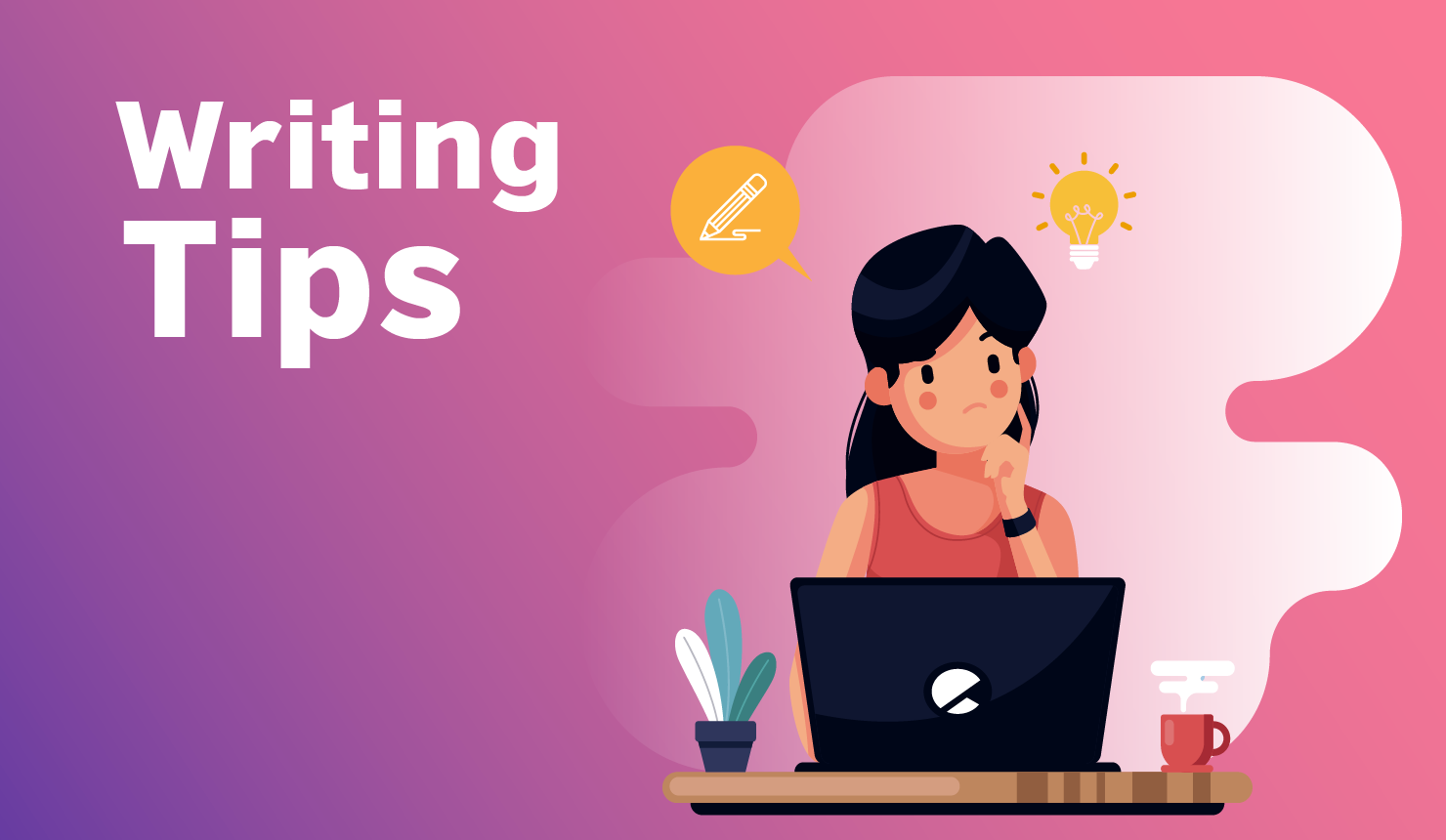Don’t let the continuing Covid-19 restrictions affect your IELTS study preparations. Following on from the listening & reading tips, today we’re going to focus on writing tips for study at home. Based on queries frequently asked by students sitting the test, we have consolidated the tips into two main parts:
1. How to best organise your time during an IELTS writing test?
2. How large a vocabulary is needed to successfully complete a writing test?
Compiled by our experts, these are our top tips for the above topics:

Q1: How should I organise my time during an IELTS writing test? I always feel I run out of time during the test.
The two writing tasks in IELTS are quite different so various time management techniques should be employed.
For both tasks (in General and Academic), the time limit is 60 minutes.
General Task 1 (letter) and Academic (data analysis), the minimum word count is 150.
General/Academic Task 2 (essay) – 250.
It is recommended that you spend 20 minutes for Task 1 and 40 minutes for Task 2.
General Task 1
1. Read the prompt very carefully and think about who, what, how.
- • Who you are writing to will determine your tone – formal or informal; your friend or manager.
- • What are you writing about – make sure you cover ALL three points in your letter.
- • How - how do you start and end the letter; what expressions and language to use.
2. Spend 5 minutes to sketch your ideas and plan your writing.
- • This stage is extremely important – if you have a clear idea of the above points, then you won’t feel stuck or pressed for time.
- • Use mind maps or bullet points to think of appropriate vocabulary to use. Try to use synonyms to show your variety of vocabulary.
- • Write down only essential phrases/expressions. Do not waste time writing whole sentences in your planning stage.
3. Write your answer for about 10 minutes and try not to stop.
- • While you’re writing, if you get stuck, look back at your ideas.
- • If you can’t remember a word, think of a synonym or another way to express your ideas.
- • Try to write neatly but if you need to cross out a section and start over, do not worry too much about it.
- • Do not count words. If you’ve practiced enough, you should have a clear idea of how much to write to fulfil the minimum word count requirement.
4. Leave 5 minutes to read what you’ve written and correct any mistakes that you spot. This is a very important stage to spot easy mistakes and correct them!
Academic Task 1
1. Look at the data you have to analyse carefully.
- • The data is presented in a graph (bar, line, etc.), pie chart, table, map, or process.
- • Think about the main trends and tendencies.
- • There is usually a comparison needed – concentrate on that.
- • Do not pay too much attention to the details.
- • Pay attention to the way the data is presented – numbers, percentages, directions, etc.
2. Follow stages 2, 3, and 4 from General Task 1 above.
General/Academic Task 2
1. Read the essay question carefully and decide on the type of essay – opinion or argumentative; one view or two views (agree/disagree)
- • Essays are usually semi-formal so no informal language and expressions.
2. Plan your ideas carefully
- • What is the main argument?
- • How many examples do you need to provide?
- • How many views do you need to present?
- • Do you agree or disagree with the main statement. WHY?
- • What are your supporting arguments for both views.
- • Don’t forget – do not write full sentences at the planning stage! Just write down your ideas using bullet points/mind maps.
3. Write your answer for about 30 minutes. See more tips from stage 3 of General Task 1 above.
- • Pay attention to the structure of the essay: introduction (2-3 sentences), body (2-3 paragraphs), and conclusion (2-3 sentences).
Introduction – paraphrase the main argument and give your opinion.
Body – you can structure it in different ways but make sure you have paragraphs. Each paragraph should start with a topic sentence which states the argument of the paragraph. Then develop the argument providing supporting ideas. The paragraphs should be linked through cohesive devices and there should be a flow throughout the essay.
Conclusion – make sure you have a conclusion! Repeat and re-state the main argument you have written about.
4. Allow time (about 5 minutes) to read what you have written and correct simple mistakes.

Q2: How large a vocabulary is needed to get a Band 7 for Writing? Does vocabulary really matter in Writing?
To achieve a Band 7 in Writing, a large vocabulary matters a lot. If you look at the IELTS public band descriptors (see here), you’ll notice that the Band 7 category for vocabulary (“Lexical Resource”) says the following:
- • Uses a sufficient range of vocabulary to allow some flexibility and precision;
- • Uses less common lexical items with some awareness of style and collocation;
- • May produce occasional errors in word choice, spelling and/or word formation
It is important to pay attention to the phrase “sufficient range”. This means that you need to use a wide range of simple AND less common vocabulary. For example, if the topic of the question relates to cars, don’t just keep writing “cars” for the whole essay; use less common synonyms for “car” like “vehicle”, “automobile”, etc. It would be unnatural to only use less common vocabulary, so remember to use a mixture of simple and more complex words.
It is also important that you show “some awareness of style and collocation” as you use less common vocabulary. This means that you shouldn’t just use a less common word because you memorized it; you should be able to use it in an appropriate context where native speakers would be likely to use it. To become skilled at this, you should:
- • watch a wide range of English language videos (TED talks, TV shows, movies, etc.);
- • read a wide range of English language texts (website and newspaper articles, books, etc.) so that you can develop a feel for the language.
Even if you make some mistakes (“occasional errors in word choice”), you can still get a 7 if you are mostly accurate in your choice of words and expressions.
There are many IELTS Practice tests available, which provide examples of the above. Do as many practice tests as you can to get used to the rubric and the task types.
 Home
Home


